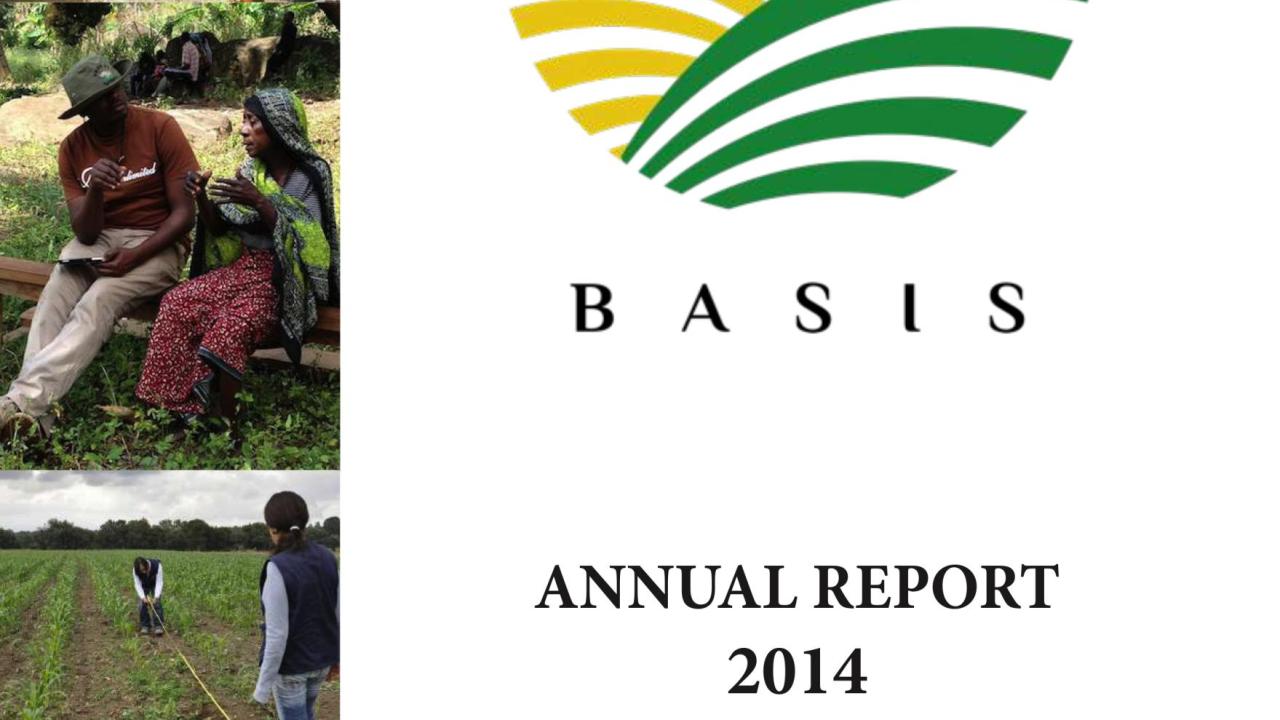
Executive Summary
The BASIS Assets and Market Access Innovation Lab has now fully committed its expected 5-year budget, and has a suite of 23 research projects up and running. Our newly launched projects include an evaluation of the impact of asset transfers on poverty dynamics in Nepal, and an effort to design and evaluate a suite of flexible financial instruments that will allow poor rural households in Bangladesh to cost-effectively manage risk while investing in income-increasing technologies and opportunities.
With these new projects, the BASIS consortium is now home to more projects than ever before. This scale gives us critical mass around several research topics, creating synergies and learning spillovers amongst our projects and the opportunity to speak authoritatively to long-standing questions in development. To give but one example, BASIS now has 3 projects that are rigorously measuring soil quality on small farms at a scale rarely seen before. A combined result of this work will be the ability to speak to unresolved issues about whether the seeming underinvestment of small farms in improved technologies is the result of poor soils that render the technologies unprofitable, or whether underinvestment reflects other economic or behavioral constraints.
This year’s report includes 3 BASIS success stories, all of which reflect this kind of synergistic, cross-project learning. To give but one example, BASIS work on smart subsidies and learning reveals that whether provided by the private sector (in the form of free trial seed packets) or by the public sector (in the form of voucher coupons), temporary subsidies can accelerate learning about returns to new technologies and really move the needle linking agricultural development to food security. We invite you to read all three of our success stories!
Looking forward, we at BASIS are extremely excited about the Global Action Network on Agricultural Insurance (or the GAN), which is being implemented in collaboration with the Microinsurance Innovation Facility of the ILO. The GAN is a product in part of the dozen or so BASIS research projects on agricultural insurance. Those projects have both established what agricultural index insurance can do, but also have made clear what the challenges are of doing index insurance well are. The GAN is assembling working groups of researchers and practitioners that will craft and disseminate solutions to these problems. As such, the GAN is a new step for BASIS in moving more decisively into the public policy space.
There is still much to do. The challenge of global food security remains as complex and large as it is important. We hope in next year’s report to announce the early progress on the newest BASIS initiative, which proposes to blend the latest in scientific achievement (drought-tolerant (DT) maize), with the latest innovations in satellite-based insurance instruments designed to complement DT maize, in order to achieve real impacts on reduce the pernicious effects of childhood undernutrition and food insecurity.
Forward!
